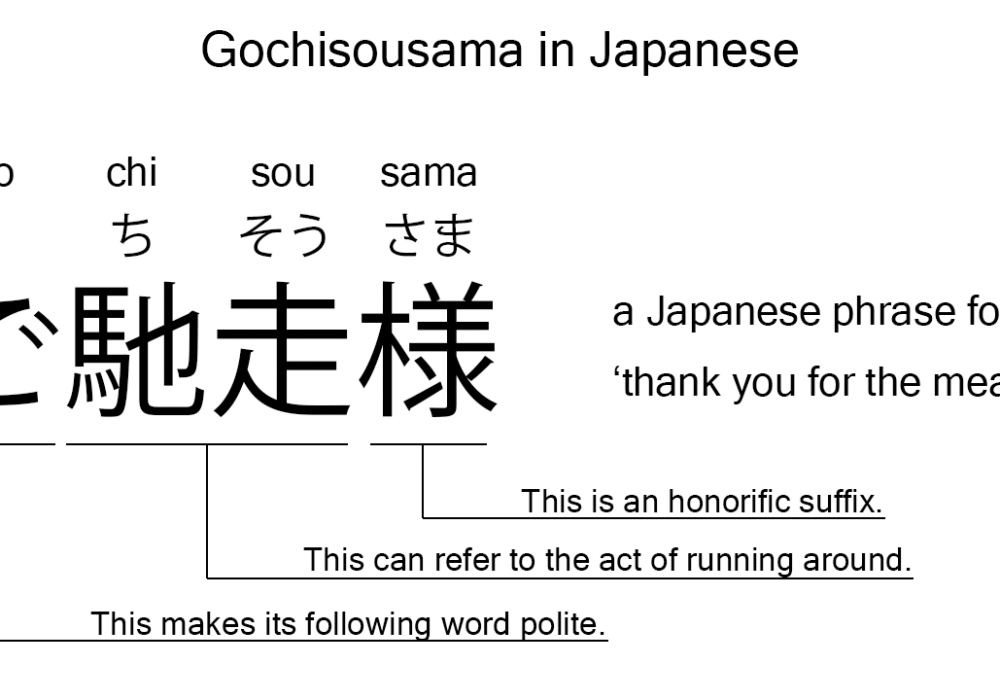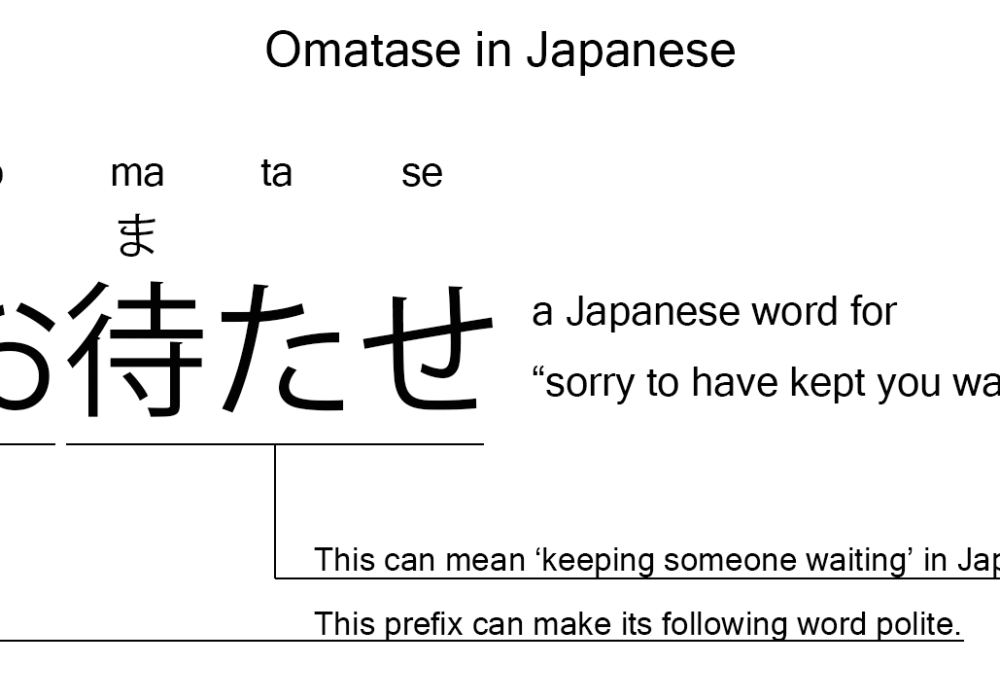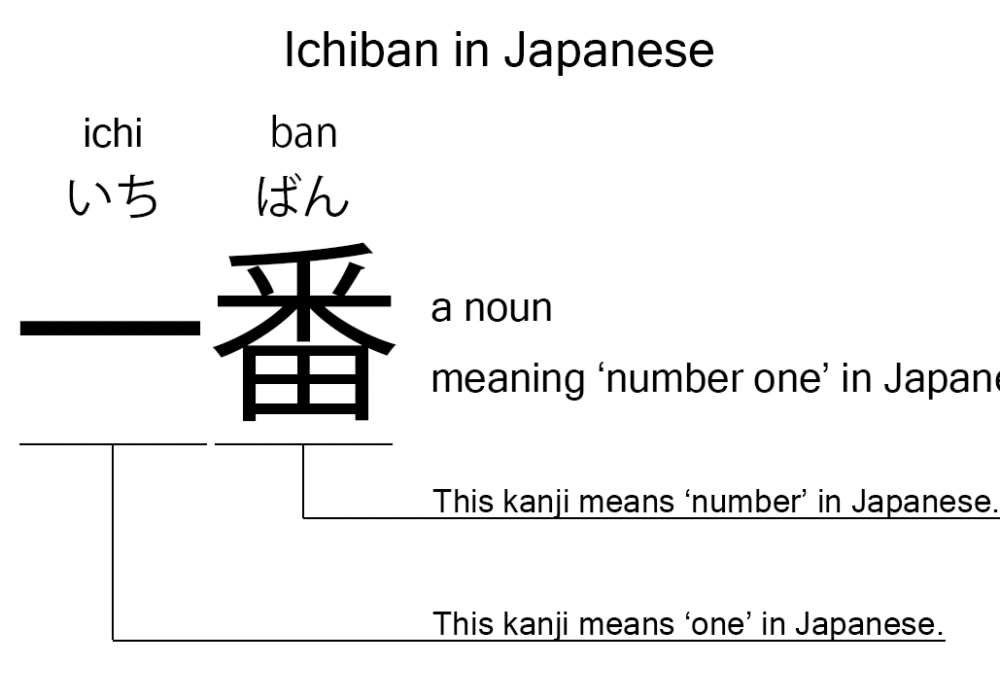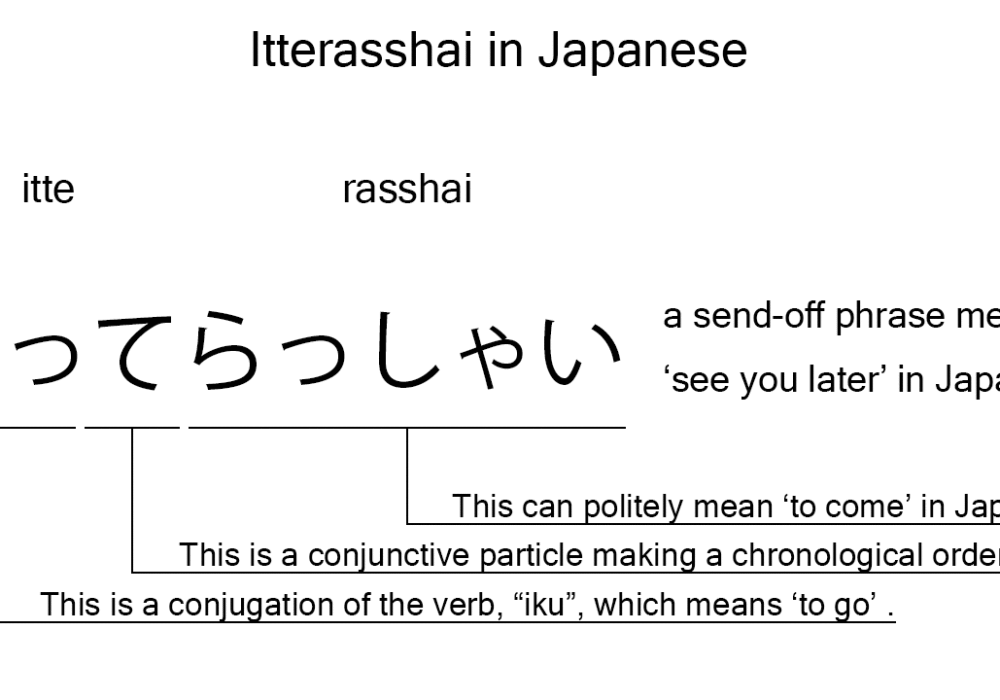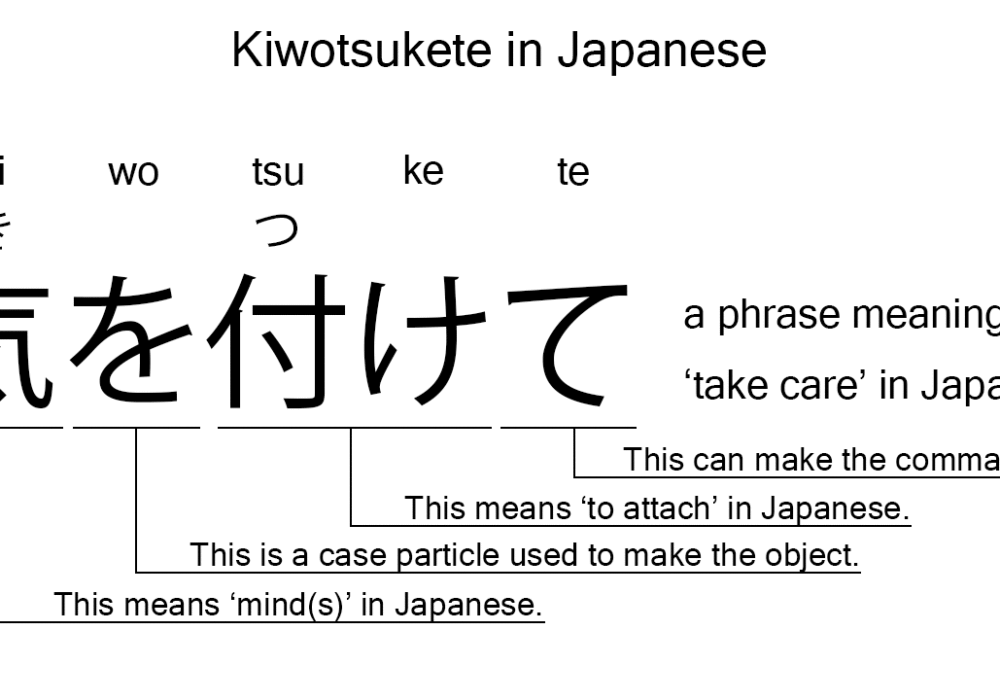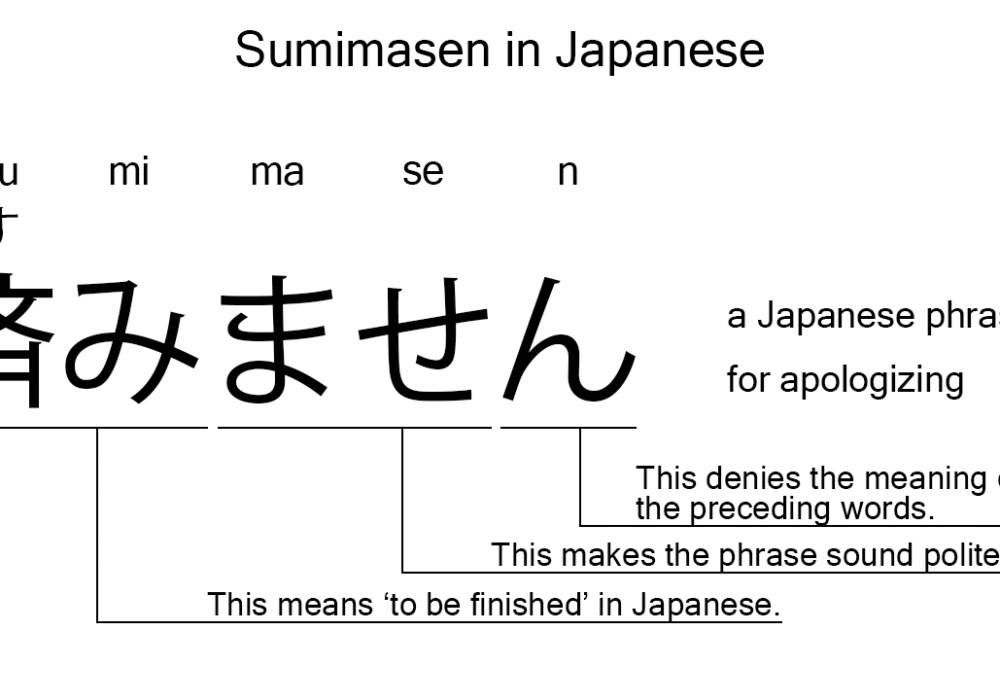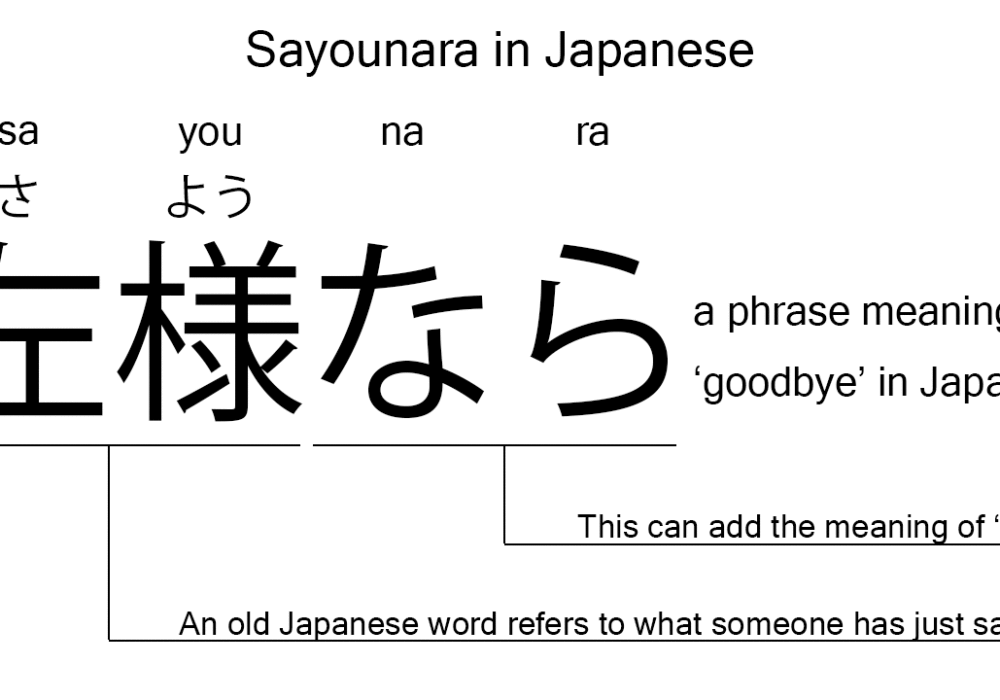What does "gochisousama" mean in Japanese? Native speakers say "gochisousama" often to mean 'thank you for the meal' in Japanese. Perhaps, some Japanese learners know this phrase as it is sometimes used in Japanese movies, novels, manga, anime, and the like. In this blog post, however, I will explain this phrase in …
[Read more...] about Gochisousama is the Japanese phrase for ‘thank you for the meal’
